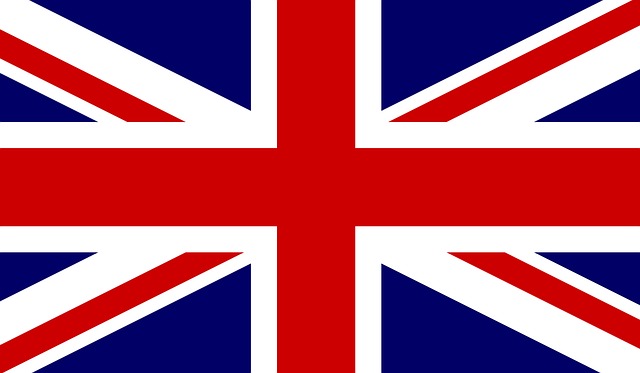Value-added tax (VAT) is a tax on the consumption of goods and services in the United Kingdom. It is levied at each stage of the production and distribution process, with the tax being passed on to the final consumer. VAT is charged on most goods and services that are bought and sold in the UK, with a few exceptions such as certain financial services and food.
VAT was introduced in the UK in 1973 as a replacement for the old Purchase Tax system. It is administered by Her Majesty’s Revenue and Customs (HMRC), the UK government agency responsible for collecting taxes and enforcing tax laws.
VAT is charged at different rates depending on the type of goods or services being sold. The standard rate is currently 20%, but some items, such as children’s clothing and books, are charged at a lower rate of 5%. Some items, such as food and transport, are zero-rated, meaning they are taxed at a rate of 0%.
VAT is typically charged by businesses on the goods and services they sell, but it is ultimately the responsibility of the final consumer to pay the tax. Businesses that are registered for VAT are required to charge VAT on their sales and pay it to HMRC, but they can also claim back any VAT they have paid on their own business expenses.
In summary, VAT is a tax on the consumption of goods and services in the UK that is charged at different rates depending on the type of item being sold. It is collected by businesses and passed on to the final consumer, and is administered by HMRC.
